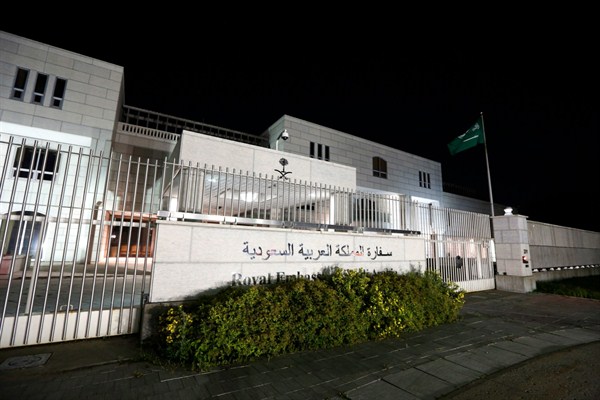On Aug. 2, Canada’s foreign minister, Chrystia Freeland, posted a statement on Twitter criticizing the arrest of a prominent female activist in Saudi Arabia, Samar Badawi, one of several civil society activists, many of them women, to be detained recently in the kingdom. The next day, Canada’s Foreign Ministry posted another critical tweet, calling on Saudi authorities “to immediately release them and all other peaceful #humanrights activists.” The Saudis quickly responded by expelling the Canadian ambassador and halting all pending trade and commercial agreements, and the spat is still escalating. So far, Prime Minister Justin Trudeau has refused to shift course, saying his government would continue to highlight human rights issues overseas. To learn more about the history and context of Canada’s focus on human rights in its foreign policy, WPR spoke via email with Oonagh Fitzgerald, a former Canadian defense official who now directs the International Law Research Program at the Center for International Governance Innovation.
World Politics Review: What is the nature of political and economic relations between Canada and Saudi Arabia, and what does Canada’s position in the current dispute say about its approach to ties with the kingdom?
Oonagh Fitzgerald: There have been occasional flare-ups between Canada and Saudi Arabia related to human rights issues in the past, but while the relationship is not particularly close, diplomatic relations have not been interrupted in the past, presumably to allow discussions on difficult issues to continue. While Freeland expressed concern this week over Saudi Arabia’s decision to expel Canada’s ambassador, she also emphasized that the Canadian Embassy in Riyadh will continue its regular operations, and she specifically invited diplomatic dialogue on human rights.

